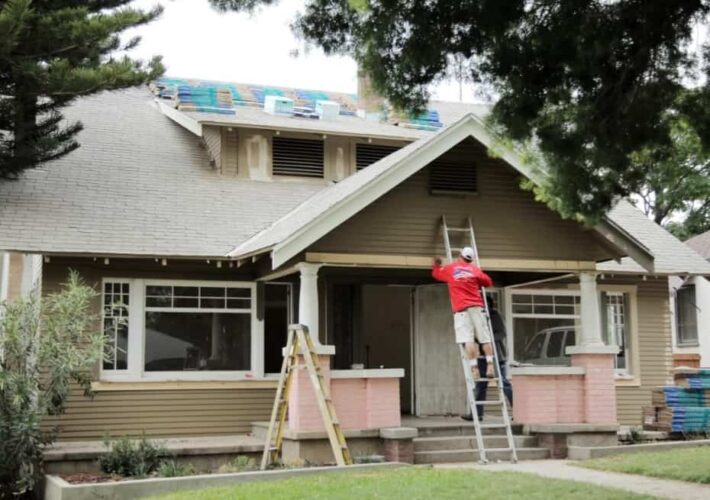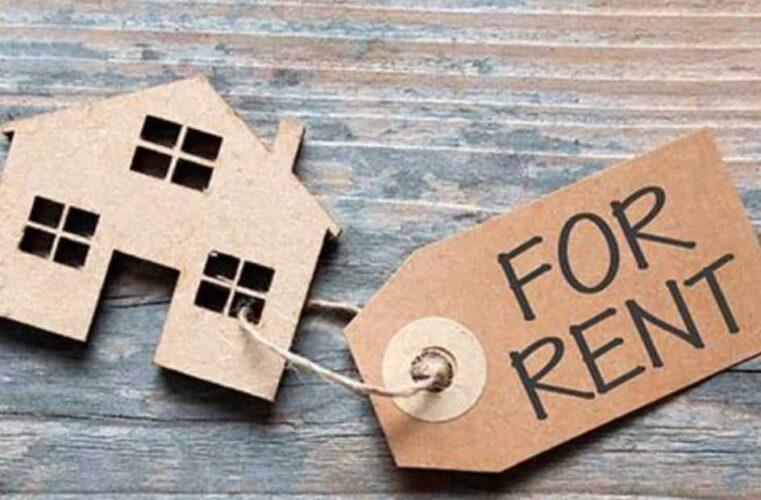1. REITs
REITs or real estate investment trusts are publicly traded. Those are the companies that own commercial real estate. On the stock exchange, one can invest in shares of these companies. By investing in REITs one can actually invest in real estate with less risk related to owning real estate directly. Every year the REITs needed to return at least 90% of their taxable income to shareholders. The investor eventually receives a good dividend to expand their portfolios with real estate. REITs offer several liquidities than other real estate investments. If in case you need cash, you can sell the shares you held on the stock exchange.
2. Turnkey Real Estate
Turnkey real estate got its name because, in this investment process, a buyer simply needs to pay for the property and turn the key to move into the property. The real estate investors who select this investing style feel to have minimal headaches related to rehabbing and renovating properties. Do you know there is one to invest in turnkey real estate without physically buying the property? And can actually invest through the real estate investing platform. In turnkey real estate, you pay a premium price in exchange so you do not have to do any of the renovation work yourself.
3. Crowdfunding Platforms
Crowdfunding is a real estate platform that offers investors access to real estate investments that will give high returns but also have significant risks as well. There are some crowdfunding platforms that are open only to accredited investors. This accredited investor means a person whose individual net worth or say joint net worth with a partner exceeds $1,000,000. excluding the person’s home. If you want to invest in crowdfunding platforms, you should know that those have yet to weather an economic downturn and have a short track record.
Commercial real estate is a space leased or rented by a business. Some of its examples are a gas station rented by a single business, an office building, leased restaurants, and a strip mall with several unique businesses. Until and unless the business owns the property itself, each of these businesses has to pay rent to the property owner. Industrial and retail real estate can come under the commercial category. This property likely has longer leases and can get more rent than residential properties. That may indirectly mean higher long-term income for a property owner. But the main drawback can be that it may also require higher down payments and property management expenses.
5. Residential Real Estate
Residential real estate is nearly anywhere that people stay or live, for example, single-family condos, homes, or vacation homes. Residential real estate investors make money by collecting rent from leaseholders. Through the appreciated value their property accrues between when they sell it or buy it or both. Investing in residential real estate can be as simple as complicated as buying or as simple as renting out a spare room and flipping a house for a profit.
6. Raw land
Usually, investors buy land for either residential or commercial development. Buying raw land to develop includes good market research, especially when you plan to develop the property yourself. This kind of investment is better suited to an individual with deep knowledge and a large amount of capital to invest in real estate. One should have knowledge and understanding of commercial rental markets and local residents. Many investors earn a profit by holding a piece of land whose value increases over time in the market.
7. REIGs
REIGs or Real Estate Investments are groups in which the business invests most of its capital into real estate. They are typically composed of multiple investment partners. Who invest their funds together in order to get prime real estate opportunities like commercial multifamily units. In Real Estate Investment Groups the investment partners work together to manage and maintain existing real estate investments. While business income is regularly reported and tax obligations are shared between the group.
8. House Flipping
The House Flipping process involves restoring an undervalued property and then selling it for a profit. Usually, this process can be costly, and labor-intensive, and also there are no guarantees of a profitable return. In this, there is also an approach called Microflipping. Microflipping does not require investors to visit the property in person and is a risky investment.
9. Short-Term Rentals
Short-term rental properties are also referred to as vacation rentals. It acts as one of the best ways to generate significant income from your real estate holdings. As compared to long-term investment properties in short-term rental the owners can charge higher rates per day. It can also be used at home. Nowadays these online applications have made vacation rentals much easier and more accessible in the market than ever before. There are also possibilities in a short-term rental that it can remain empty for long periods of time like during the off-season.
10. Long-Term Rentals
Owning a long-term rental property is considered one of the most common ways to invest in physical real estate. As compared to short-term long-term rentals provide more stability for owners. Because long-term rentals usually come with leases lasting for a year or more and provide investors with a continuous flow of monthly income through rent payments.









